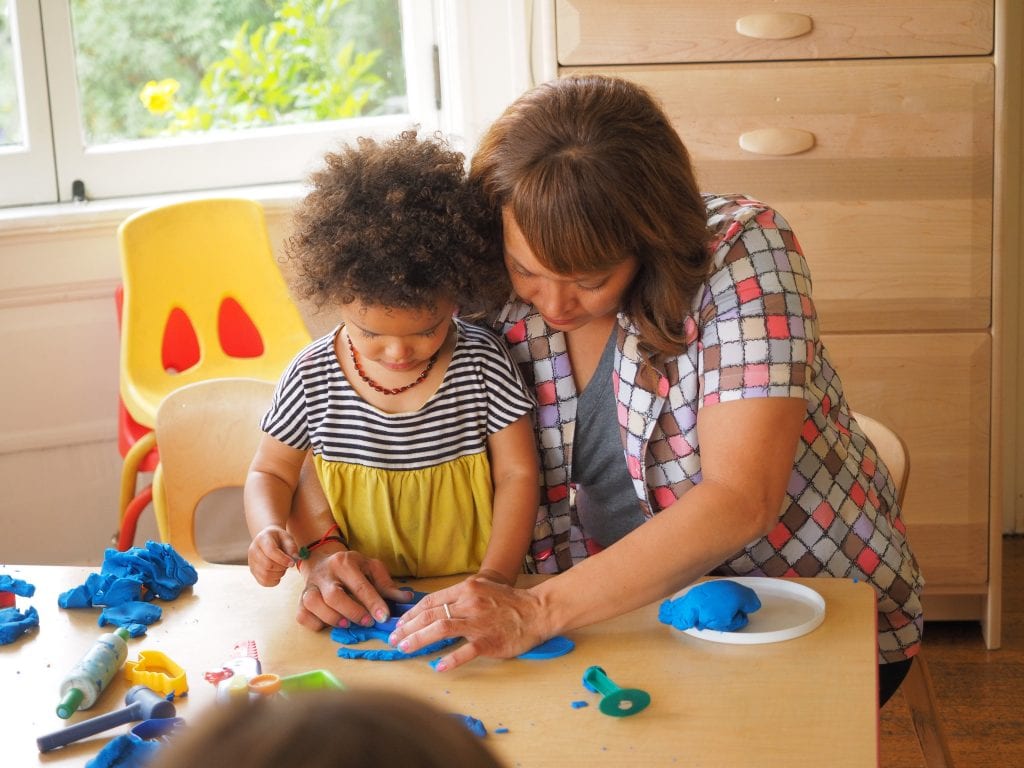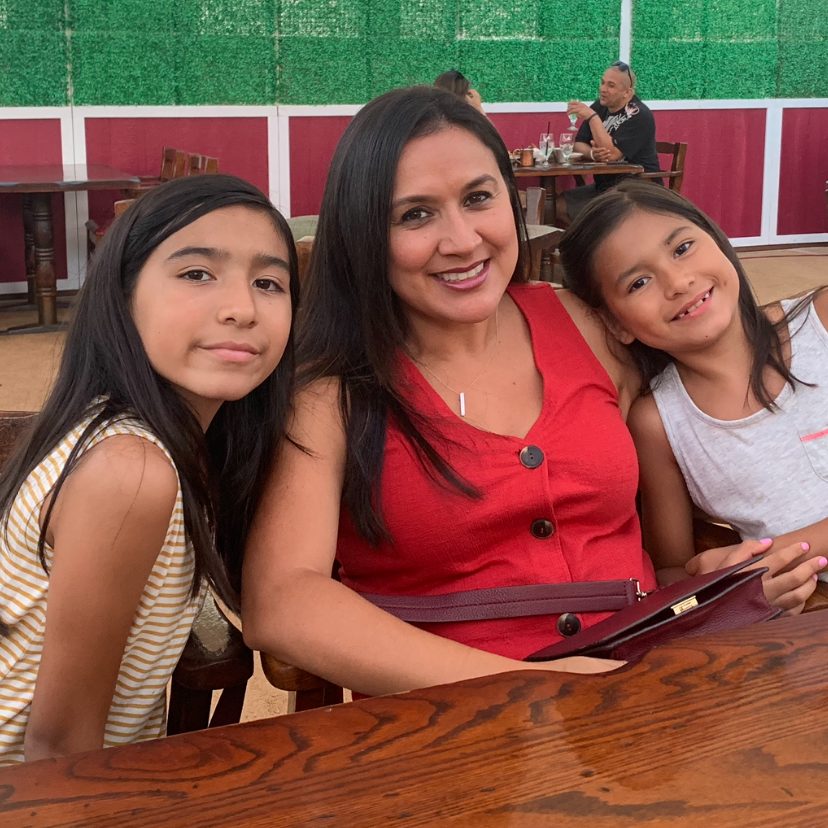
A low point for me during the pandemic – OK, admittedly, one of a few – was when I had to miss a late afternoon Zoom meeting, at the last minute, because of a more pressing concern. At least, it was a much louder one: my kids’ complaining that, “Mom, we’re staaaarving.” And so rather than having a discussion with my colleagues, it was time to pull together an early dinner.
Everyone I know has had a similar experience at some point since March. As we have juggled the unexpected complications of everyday life, many of us have gained a new appreciation for our country’s essential workers: grocery store staff, healthcare providers and, especially since the start of this school year, teachers. We’ve also learned the irreplaceable role that child care and early-education workers play. And that’s true not just among parents with young children, but for wide majorities of people living in L.A. County, including those without infants and toddlers at home.
That’s among the findings from a late-summer poll of more than 800 likely voters from all parts of the county. It found that 80% support more public investment in early learning and child care and 76% believe it is “extremely important” that families have access to these programs. Those are overwhelming numbers.
The poll was commissioned by the LA Partnership for Early Childhood Investment, a collaboration of the region’s largest private and family foundations, and UNITE-LA, a nonprofit that leads education reform efforts.
The findings also affirm that a shift in our thinking about child care has occurred – one I hope far outlasts COVID-19. Before the pandemic, access to high-quality and affordable child care was seen as something for families to figure out. Now, it is no longer a parent issue. It is a societal one. We know that workers with preschool-age children can’t get back to their jobs – in person or even remotely – without child care and early-education options. It just isn’t possible. The past seven months have proven that. And without workers, businesses can’t fully reopen.

It is also important to note that these challenges are not spread evenly and fairly among workers. Women, especially women of color, have been affected the most. According to the National Women’s Law Center, of the 1.1 million people ages 20 and older who have left the workforce during the pandemic, more than 800,000 are women, including 324,000 Latinas and 58,000 Black women. When faced with a lack of access to child care, many women are forced to make the hard decision to leave the labor force to care for their children. The ripple effect of this exodus can be devastating. As women leave the workplace, the already problematic wage gap widens even further.
L.A. County voters understand these dynamics. According to the poll, more than eight in 10 believe supporting child care providers and making early education accessible and affordable for working families is crucial as we begin to reopen our economy.
And what these findings say loudest and most clearly is that voters in L.A. County are demanding that our elected officials be champions for children. More than three-quarters are more likely to support candidates who prioritize birth-to-5 issues. And that makes sense. Because, as we’ve all learned these past months, being a champion for children means being a champion for us all.
Sonia Campos-Rivera is the vice president for policy and public affairs at UNITE-LA and the mother of daughters ages 7 and 10.
























